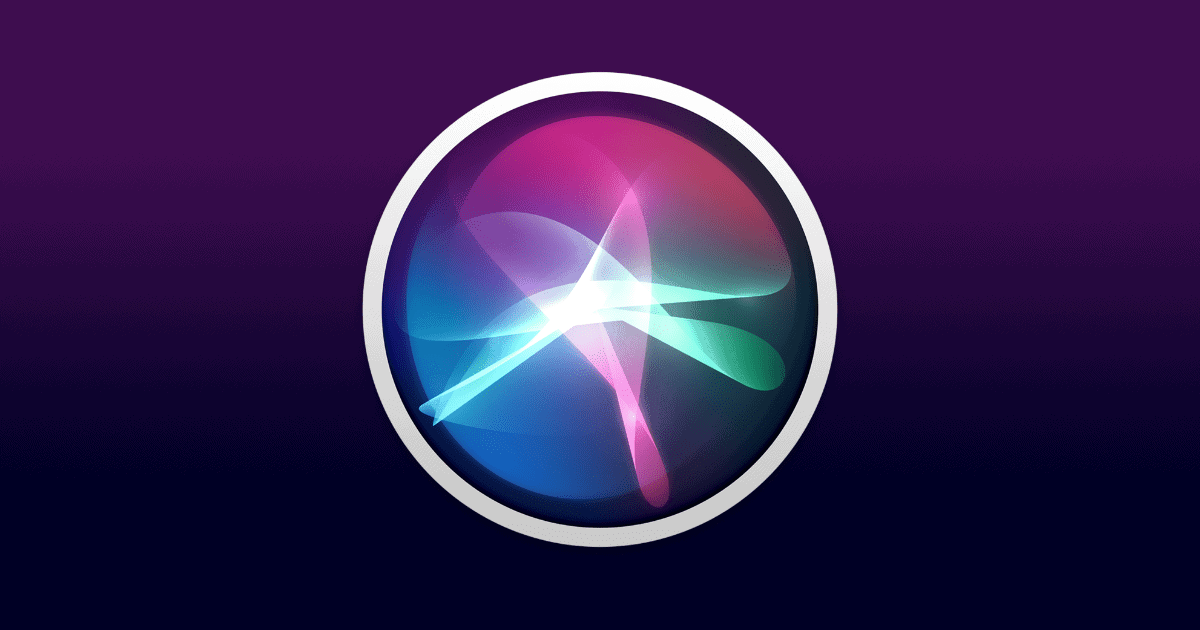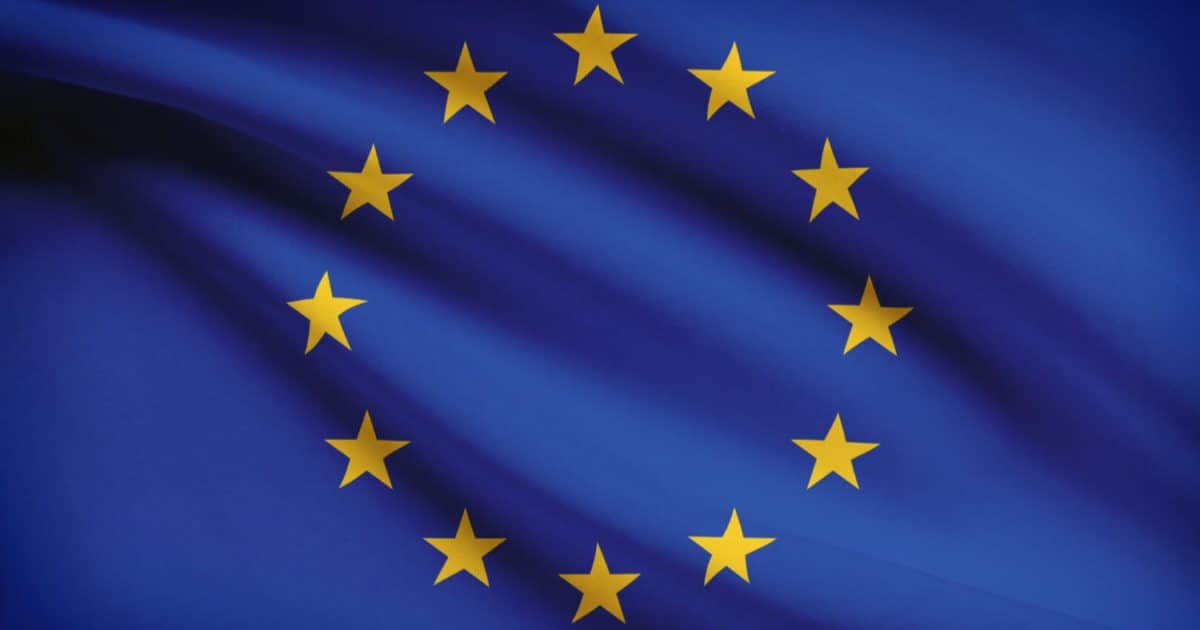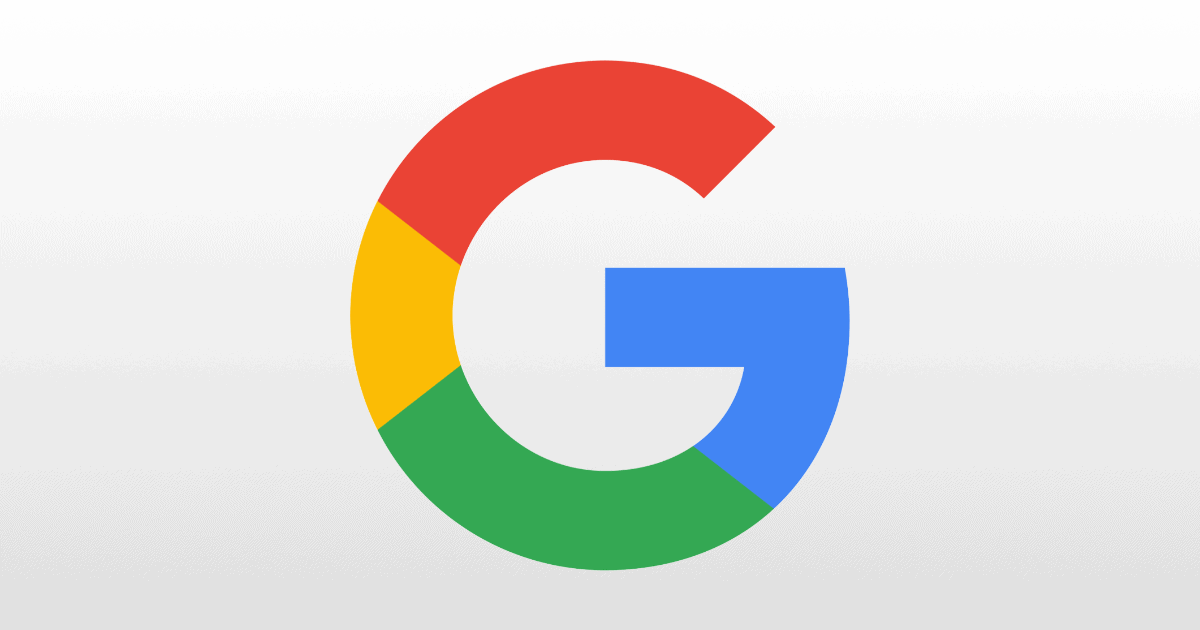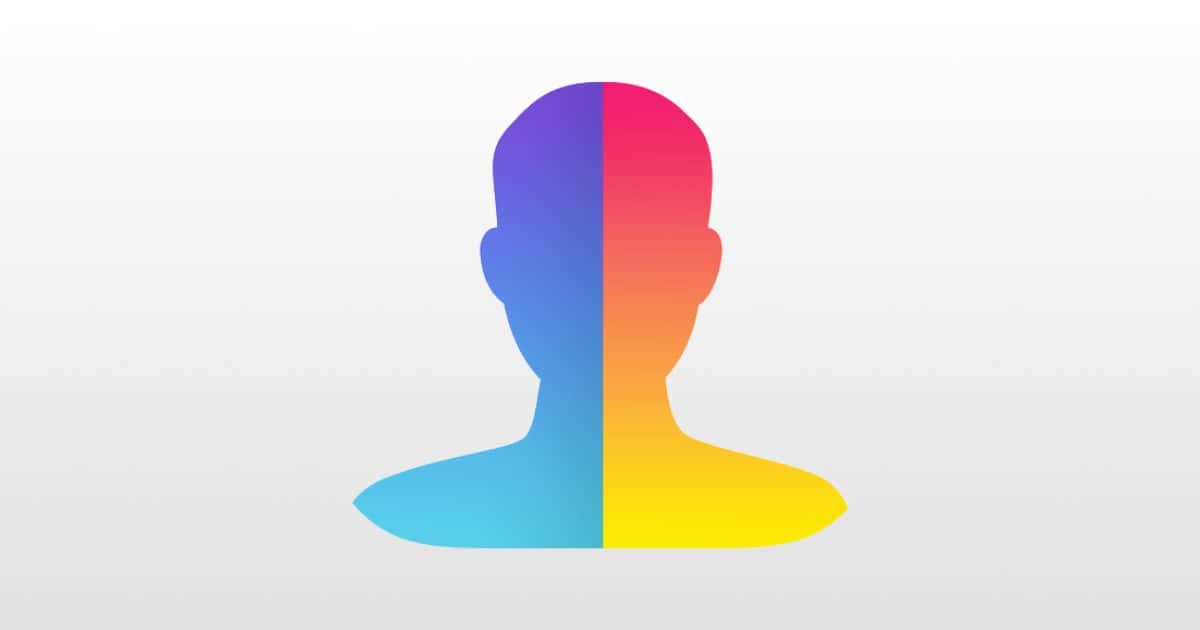David Carroll sued Cambridge Analytica after news broke that it used Facebook user data for targeted political advertising. Netflix’s The Great Hack tells his story, and Business Insider interviewed him.
My pursuit is a highly individualized narrative, which obscures the reality that it’s a story about all of us. Quitting your Facebook account doesn’t do anything. You can try to do the work of going through all your settings and being really hygienic about your data, but it’s only going to reduce the scope of data leaking all over the place. It’s certainly not going to have a total effect that people might want.
I’m putting this on my list to watch.


















